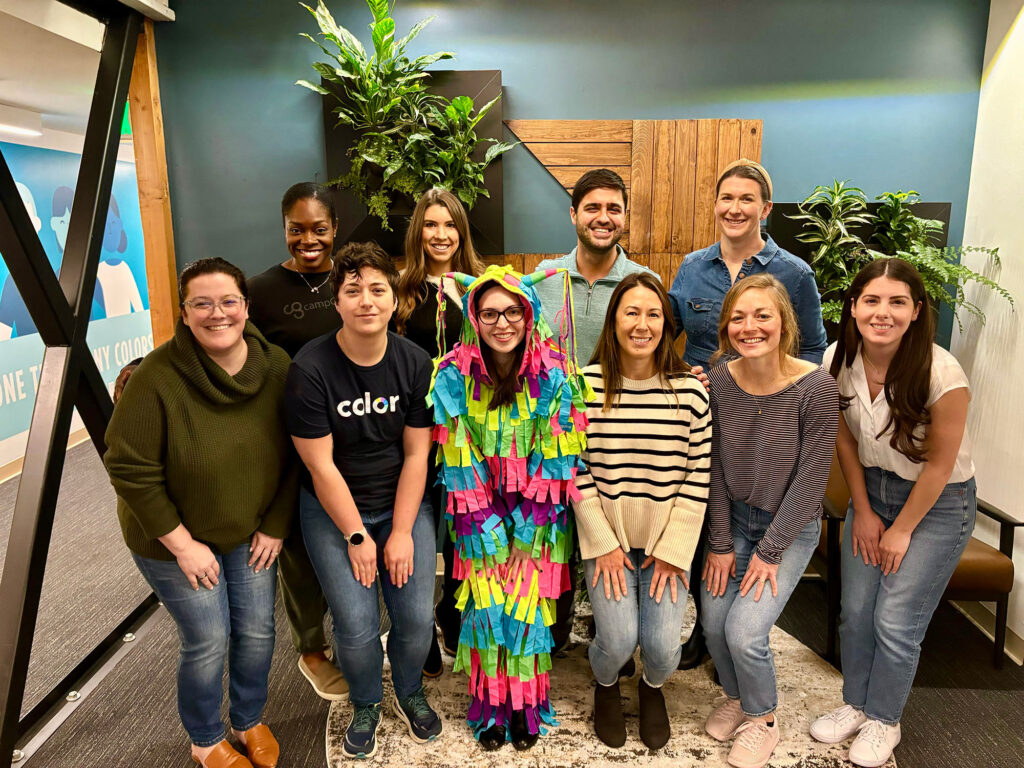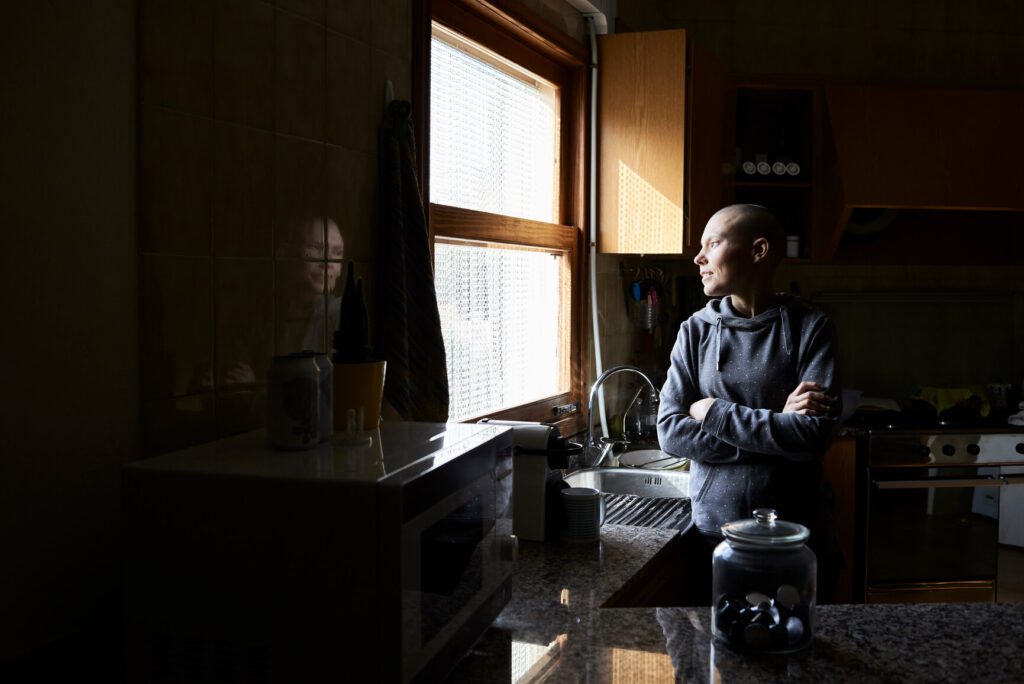News & Articles
My journey, from breast cancer to Color – Color
Michele Achterberg
For several years, I followed Color from afar. I’ve worked in the employee benefits industry for nearly twenty years, but I’d never been very aware of genetic testing. I thought of it as a futuristic concept, not something the average person could afford, or the average employer would offer.
But in 2015 my knowledge of the subject got a lot more personal. First came my breast cancer diagnosis. Next came several months of chemotherapy. The details of my own genetic test are foggy (most days during those five months were filled with extreme nausea and exhaustion; luckily, my husband was there to recall all the important info). I do remember completing the test, waiting a few weeks and then speaking with my genetic counselor about my results. I felt a sense of relief that I didn’t test positive for any breast cancer-related mutations, hoping and praying that my teenage girls would never have to go through what I was going through.
Nearly three years later, I’m post-chemo, post-double mastectomy. I’ve had a complete recovery from my cancer. I feel good these days, mostly. But side effects from the meds I have to take do remind me daily of my cancer diagnosis and make me even more passionate about preaching the importance of preventive care.
Most people don’t qualify for genetic testing through their health insurance. Even with family history, it’s tough to get approval for expensive testing. As recently as 2015, my own testing for just two genes cost more than $4,000.
Color is changing that, and that’s why I feel so lucky to work here. After my own experience I feel a stronger calling than ever to help people and families learn more about their health, and alter their own destinies, by getting comprehensive, affordable, at-home genetic testing. As the saying goes, knowledge is power. Making people more powerful doesn’t even feel like work.



